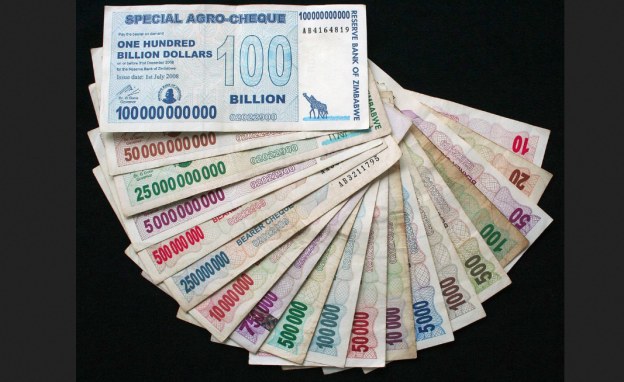Experts are warning that Zimbabwe’s appetite for Chinese loans is pushing the country’s foreign debt to unsustainable levels.
According to former finance minister Tendai Biti, who held the post between 2009 and 2013 when Zimbabwe made some steady progress towards clearing its foreign debt, President Emmerson Mnangagwa’s government contracted a staggering $2.5 billion in external debt between July 2019 and July this year.
This has pushed Zimbabwe’s external debt to $4.8 billion.
Mr Biti said the majority of the loans were acquired by the new government without parliamentary approval.
“The (Reserve Bank of Zimbabwe) is a rogue bank that has been key to sustaining the (Zanu PF) agenda of regime survival and state capture,” he said.
Deteriorating situation
In a joint report released on October 6, the African Forum and Network on Debt and Development (Afrodad) and the Zimbabwe Coalition on Debt and Development (Zimcodd) said the country’s external debt situation reflected a deteriorating economic situation.
“The country’s public debt has been increasing due to large fiscal deficits and quasi-fiscal activities conducted by the Reserve Bank of Zimbabwe,” Afrodad and Zimcodd said in the Annual Debt Management Report for Zimbabwe 2020.
The report added: “Budget deficits increased from $185 million (0.9 per cent of GDP) in 2014 to $2.7 billion in 2018 (118 per cent of GDP).”
Afrodad and Zimcodd said the country’s foreign debt situation will worsen after President Mnangagwa’s government agreed to compensate white farmers who lost their land during a land reform programme a decade ago. The deal will see the government give $3.5 billion to the former land owners. Most of the money will be sourced through external loans.






